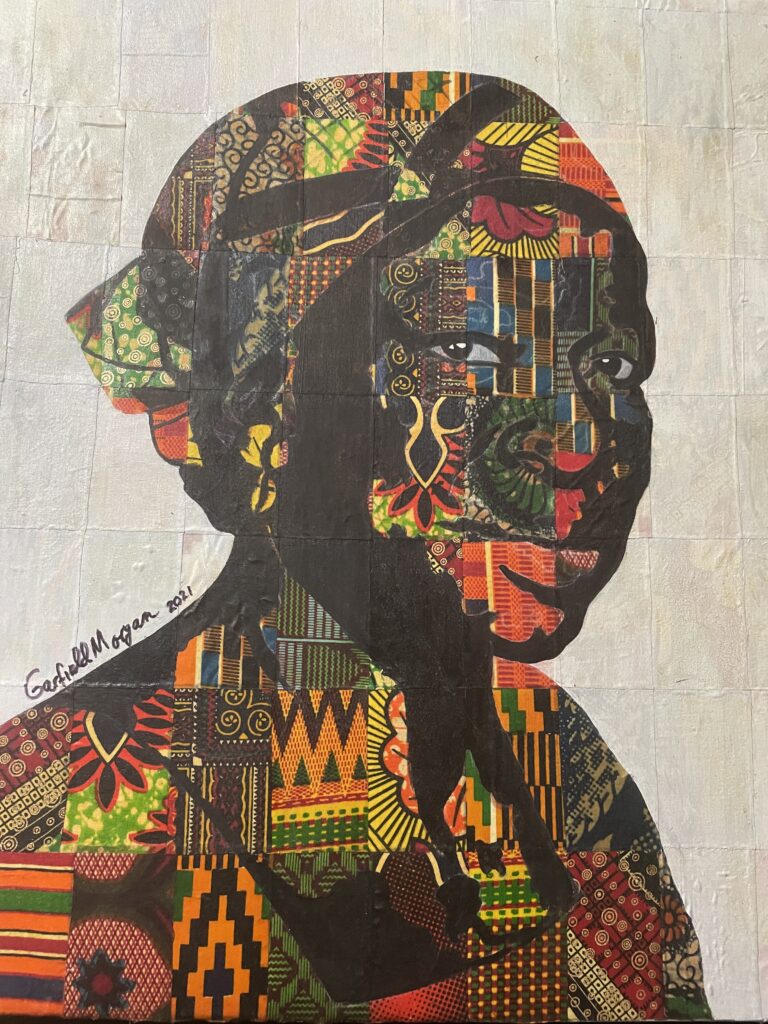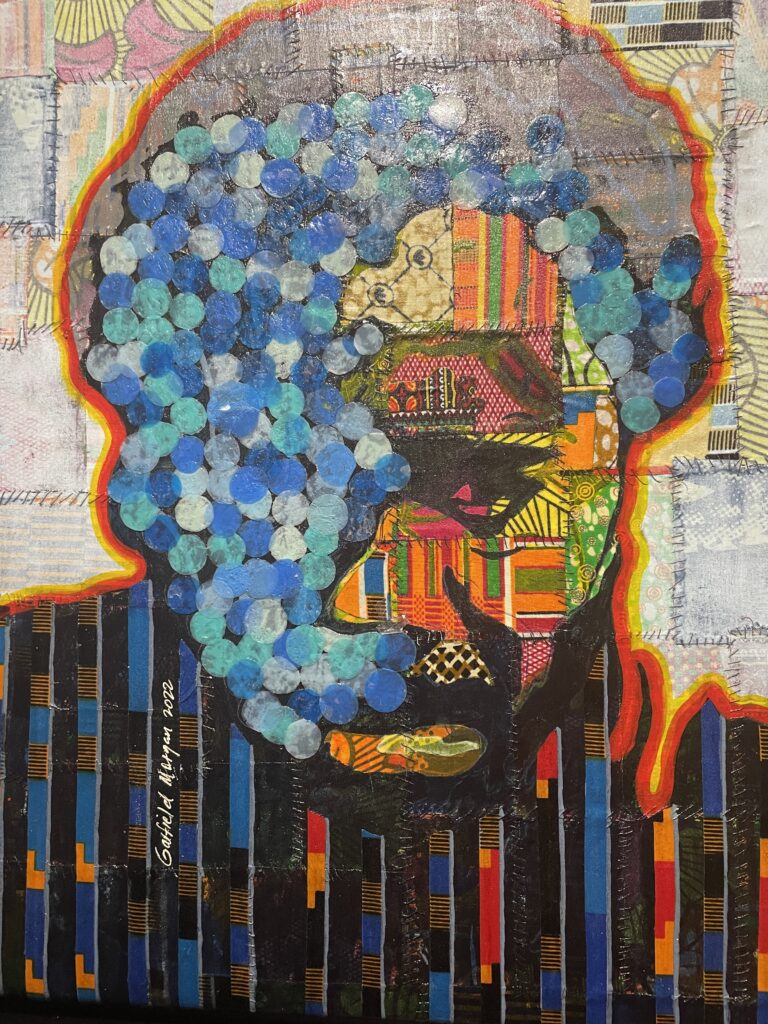Repercussions of USAID folding up

One of the executive orders that the newly elected president of the USA, Donald J. Trump, signed is to bring about the interruption of the operations of the United States Agency for International Development (USAID). This organization is the main source through which “developing countries” receive assistance from the US Government. It was founded in November 1961 and operates in the following sectors: health, nutrition, education, agriculture and many others. The abrupt decision to stop the services of the organization does not come as a surprise if one looks at the new US administration and its core values. President Trump and his MAGA agenda put America first and that certainly comes with corollaries like limiting expenditures to the US space only and introducing an American-centred policy sustained by overt protectionism. That decision to truncate the aid given by USAID has caused several different reactions in the world. That of Africa and Burkina Faso is the backbone of this reflection.
The new policy of the USA impacts several policies and agreements that were hitherto perceived as the manifestations of the relations between the USA and the rest of the world. The vision of the USA as the El Dorado where everyone could make it, regardless of their country of origin is somehow fading away. Millions of immigrants are being deported because the Trump administration finds them to be illegal. The attention and support that the working class US citizens enjoyed is eroding. The general observation is that much pressure is put on those who have less while the financially endowed are calm: the richer you are, the smaller your taxes are. This and many others are the opposite of the policy of the Democrats who are, traditionally, considered the camp that sides with the low- and middle-income people.
USAID as an organization is said to have spent 30.3 billion USD (US Dollars) in 2024 and 37.8 billion USD the year before on aid for developing nations. An administration that is concerned with centralizing all the major efforts on the US will not support such organizations. However, many observers are convinced that an organization like the USAID was harming rather than helping the nations it claimed to assist. Several people believe that spies were sent to many countries under the cover of officers working for USAID, Peace Corps, and so on.
As a reminder, one could cite the experience of Burkina Faso with the Peace Corps under the Thomas Sankara regime in the 1980s. Peace Corps volunteers were not allowed in Burkina because the then revolutionary regime saw the institution as a conduit for getting spies into countries on which the US needs information. In the case of Burkina, the American volunteers were replaced by Russians, especially in the education sector. Several readers who went to high school around the 1980s in Burkina certainly remember being taught by American instructors for a moment and then by Russians the following years.
Many make a case for endogenous development, one that is tailored to the realities of a specific land and the needs and aspirations of its people. Those who subscribe to that view prioritize total self-sufficiency and put it in terms such as “eat what you grow and grow what you eat”. They reject habits of the type exhibited by former Senegalese president, Macky Sall, during the last Africa-Russian summit in St Petersburg when the latter pleaded with Russia to allow the circulation of grain, when his real intention was to allow the flow of grain to some European countries. Such leaders certainly bless the presence of organizations like USAID in Africa. Fortunately, a divide exists among African leaders regarding the issue of aid in general. President Captain Ibrahim Traoré of Burkina Faso openly opposed that “cap in hand” attitude. So, when Russia donated food as assistance to African countries, President Traoré expressed gratitude but encouraged African countries to achieve [food] self-sufficiency in the very near future, in less than a year. One of Traoré’s predecessors and role models, Captain Thomas Sankara, never hid his objection to the dependency habit. He declared, “we need aid that aids us to stop asking for aid”.
When one looks at the actions of the USAID from such an angle, it is glaring that the organization rather hurts instead of helps countries. A close look at the projects they “realized” in Burkina Faso, for instance, presents the following, among others. During the period of the terrorist attacks, the USAID boasts about providing financial support of 650,000 USD to populations in 2020, protecting 400,000 children below five years from malaria during rainy seasons since 2018, treating 1.5 million pregnant women who contracted malaria during the last five years, and 2,5 million mosquito nets were made available to breastfeeding and also pregnant women. The Resilience in the Sahel Enhanced (RISE), a project the USAID put in place in 2014, helped to increase agricultural production by 75 per cent and also access to potable water. Fourteen million USD were given as assistance to the Burkinabè Government during the COVID-19 Pandemic. The institution also adds that it is committed to reinforcing democratic institutions in other countries. Similar activities and programmes were carried out in other “developing” countries, but the economic, political and social crisis kept mounting. The cost of living increased, pseudo-democratic governments were established and maintained in power and, to top it all, the terrorist crisis kicked in.
Many political scientists in West Africa are of the view that the long years of USAID presence and activities in Africa created a dependency-syndrome, since no country in the sub-region came out strong, self-sufficient and empowered to such a point that it could stand on its own. Genuine aid is supposed to be for a limited period and should aim at strengthening the assisted party into a state of autonomy. Aid is supposed to give the aid that the aided lacks and the aided is then weaned off any form of aid, assistance or dependence. Concerns about that long-term dependency, political influence and economic imbalance led some countries to explore alternative solutions.
The end of the USAID assistance is a blessing to forward-looking countries who will then speed up their journey towards self-reliance. That process has started in Burkina Faso. The country supplies rice to other West African countries, something that USAID claimed it was doing. President Trump’s decision ignited a shift in Africa’s food security programme and Burkina Faso is stepping up to replace the American agency.
The country produces its own rice and processes it through the Malian flour Company, Les Moulins du Sahel, an infrastructure which came at the right time and to the right place. This Malian flour and grain processing company is a milestone in regional economic production. It is located in the Sahel Confederation area and is a vital asset for food self-sufficiency and economic independence, which itself is an important victory that benefits the whole West African sub-region. The initiative reduces dependency on foreign aid and promotes intra-African trade. By keeping production and processing within Africa, those nations achieve big benefits that ensure a sustainable development that decades of USAID “efforts” could not create. In fact, the dependency on USAID hindered such advancement. The populations within the Sahel Confederation and the rest of the African countries with which they trade are building more economic value, creating jobs and supporting local farmers; a process that is reinforced by the departure of USAID. Burkina Faso is poised to replace the USAID string-attached aid since it did the following: made significant investment in farming infrastructure, irrigation systems and cooperative societies aimed at boosting rice production. Wheat farming in the country was expanded and 100 hectares are currently dedicated to wheat production in a country traditionally focused on rice cultivation.
One will certainly wonder what will happen to the jobs that will be lost with the end of USAID era. One of the easy answers lies in the jobs that are being created with the new economic, social and political developments and initiatives. The transition from dependency on foreign aid creates economic growth and jobs. The challenges that the Sahel Confederation countries are facing require skilled workers and those who fall into that category and who were employed by USAID will be of great value to the Sahel Confederation and other countries with progressive visions. The foresight and boldness of the type espoused by the Sahel Confederation will counter the unemployment that the departure of USAID is supposed to pose. That example and similar drastic political shifts might be emulated by other countries where USAID used to intervene.
Moussa Traoré is Professor at the Department of English of the University of Cape Coast, Ghana.






